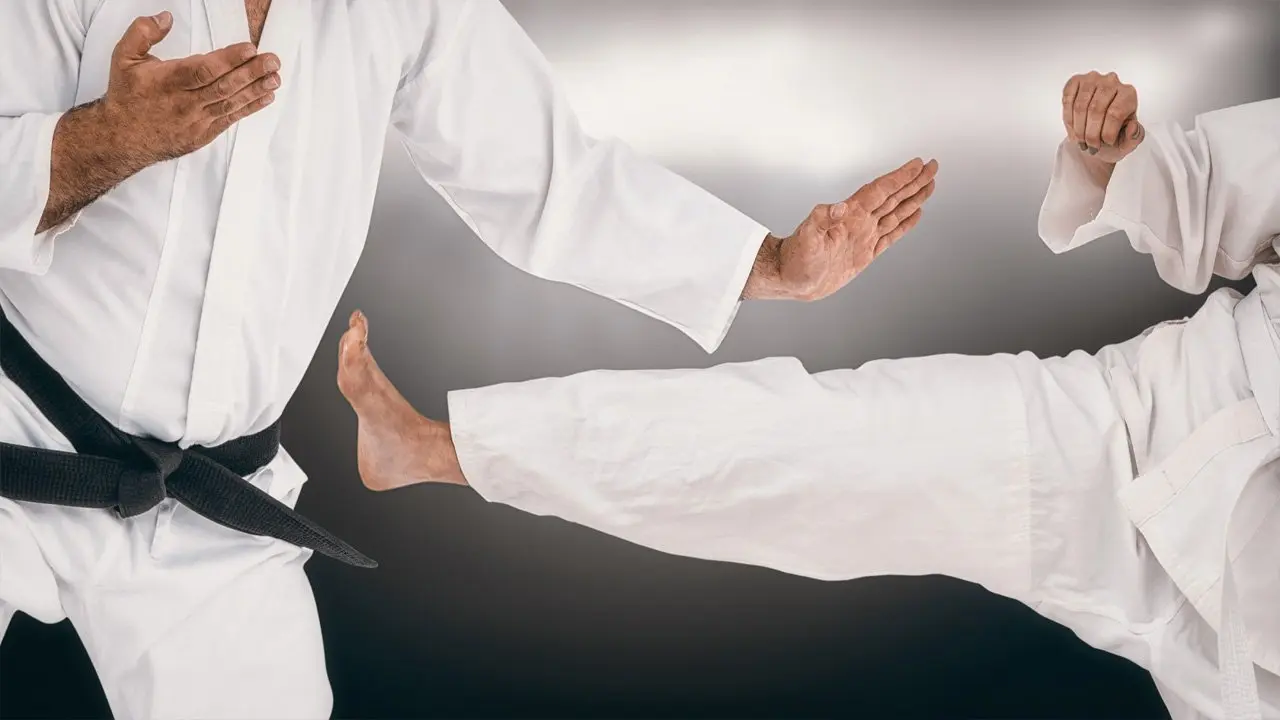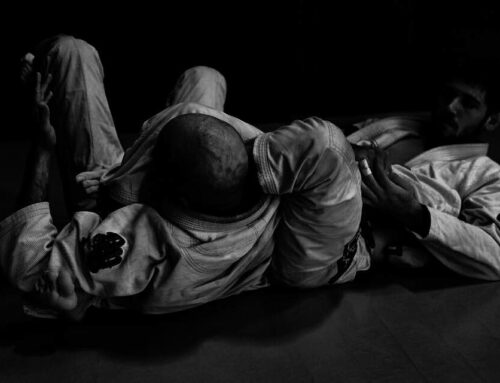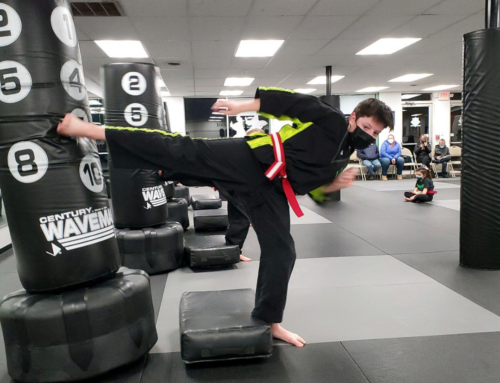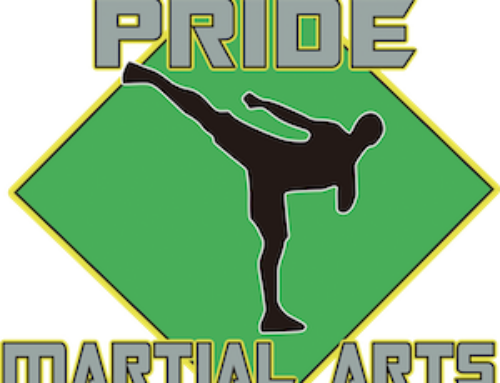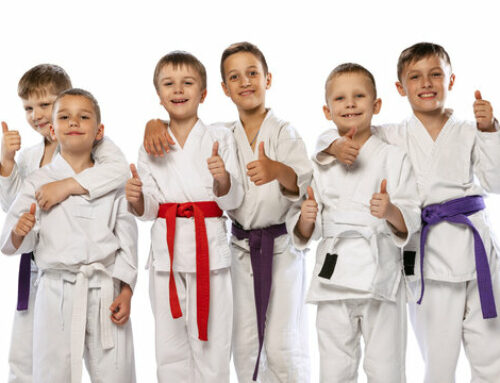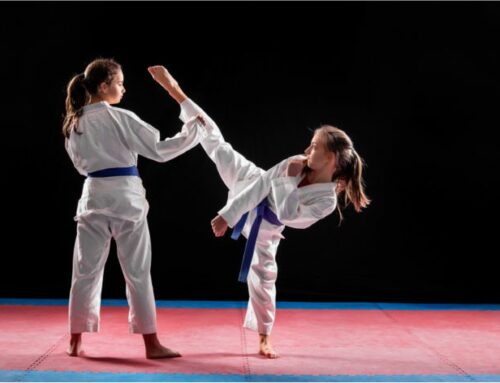Martial arts instructors play a critical role in shaping the development of their students. They are responsible for teaching the fundamentals of the art, instilling discipline and respect, and ensuring that their students are safe and progressing. However, not all martial arts instructors are created equal. In this second part of post, we’ll explore the traits of a bad martial arts instructor.
1. Lack of Professionalism
One of the most significant traits of a bad martial arts instructor is a lack of professionalism. This could manifest in various ways, such as being consistently late to classes, failing to communicate with students, or not providing a safe and clean training environment.
A lack of professionalism can create a negative student learning experience and detract from their progress. Instructors must prioritize professionalism and ensure that they provide a high-quality learning environment for their students.
2. Lack of Expertise
Another significant trait of a bad martial arts instructor is a lack of expertise. Instructors should deeply understand the art they are teaching, including its techniques, history, and philosophy. Without this expertise, students may not get the education they need to progress and develop their skills.
In addition to a lack of expertise, instructors should also be lifelong learners, constantly seeking to improve their own skills and knowledge. This can help them stay up-to-date with the latest training techniques and ensure they provide the best possible education for their students.
3. Lack of Patience
Patience is a vital trait for any martial arts instructor. Students will progress at different rates, and instructors need to be patient and supportive as they develop their skills. Students may feel discouraged or intimidated without patience, and their progress may suffer.
In addition to being patient with their students, instructors should also be patient with themselves. Martial arts is a lifelong pursuit; instructors should understand that progress takes time and effort.
4. Lack of Empathy
Empathy is another important trait for martial arts instructors. Instructors should be able to understand their students’ needs and motivations and tailor their teaching style to best serve them. This could involve providing additional support to struggling or challenging students who need to be pushed.
Without empathy, instructors may be unable to connect with their students and create a positive learning environment. Students may feel unsupported or misunderstood, and their progress may suffer.
5. Lack of Safety
Safety is paramount in martial arts training, and instructors are responsible for providing a safe training environment for their students. This could involve ensuring students use proper equipment or supervision during sparring sessions.
Instructors who prioritize safety are showing their students that they care about their well-being and are invested in their progress. Instructors who fail to prioritize safety risk their students and create a negative learning experience.
Conclusion
Martial arts instructors play a critical role in shaping the development of their students. While many traits make a great instructor, several traits can make an instructor ineffective or harmful. Instructors who lack professionalism, expertise, patience, empathy, or safety can create a hostile learning experience for their students and detract from their progress.
By understanding the traits of an evil martial arts instructor, students can make more informed decisions about their training and ensure that they are learning from instructors who prioritize their progress and well-being.
Pride Martial Arts Academy’s mission is to be the premier mixed martial arts safety center in Western New York. We offer realistic and modern self-defense training. Sign up for a class today.

